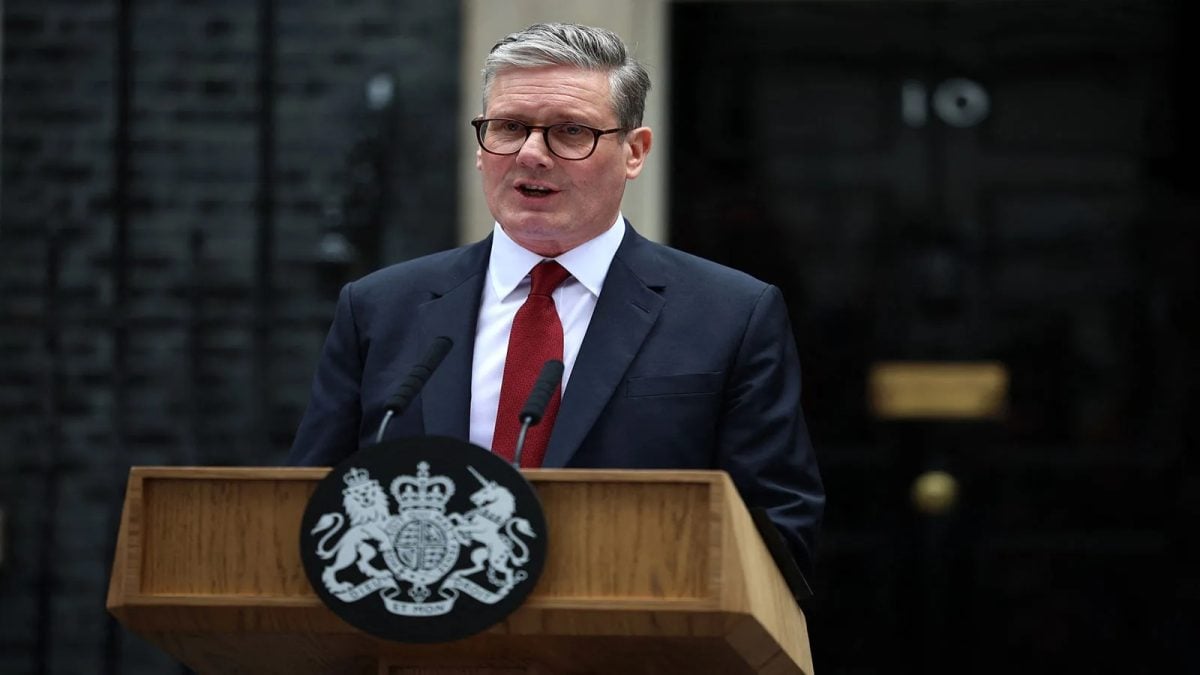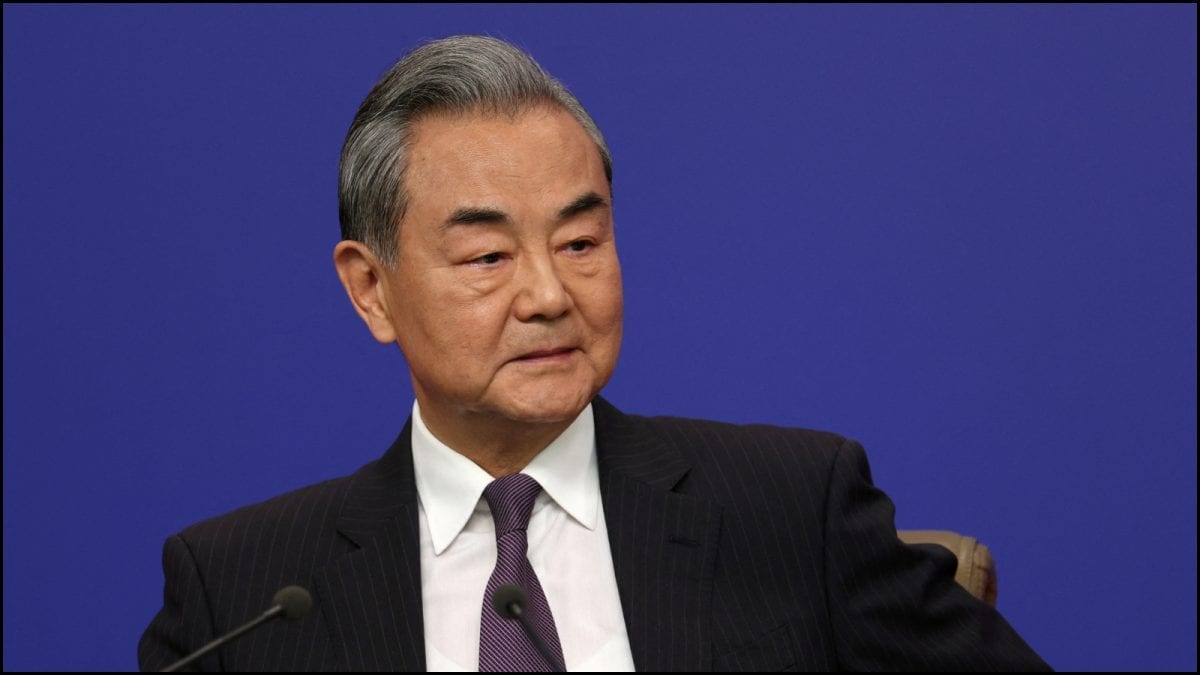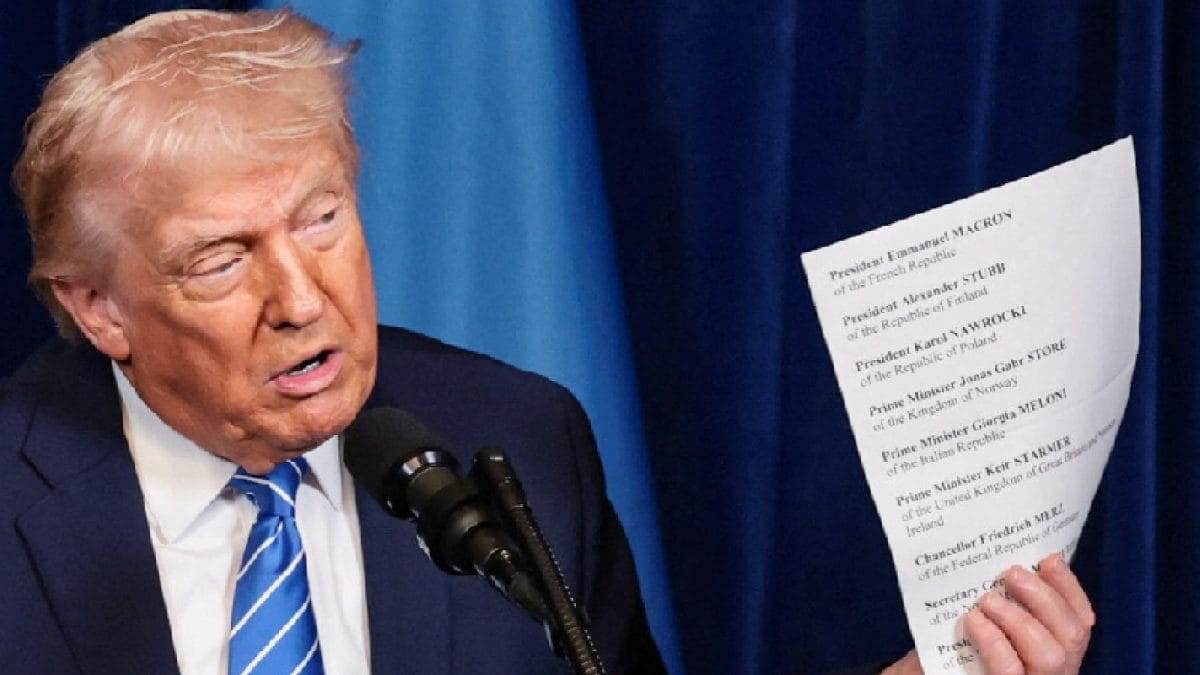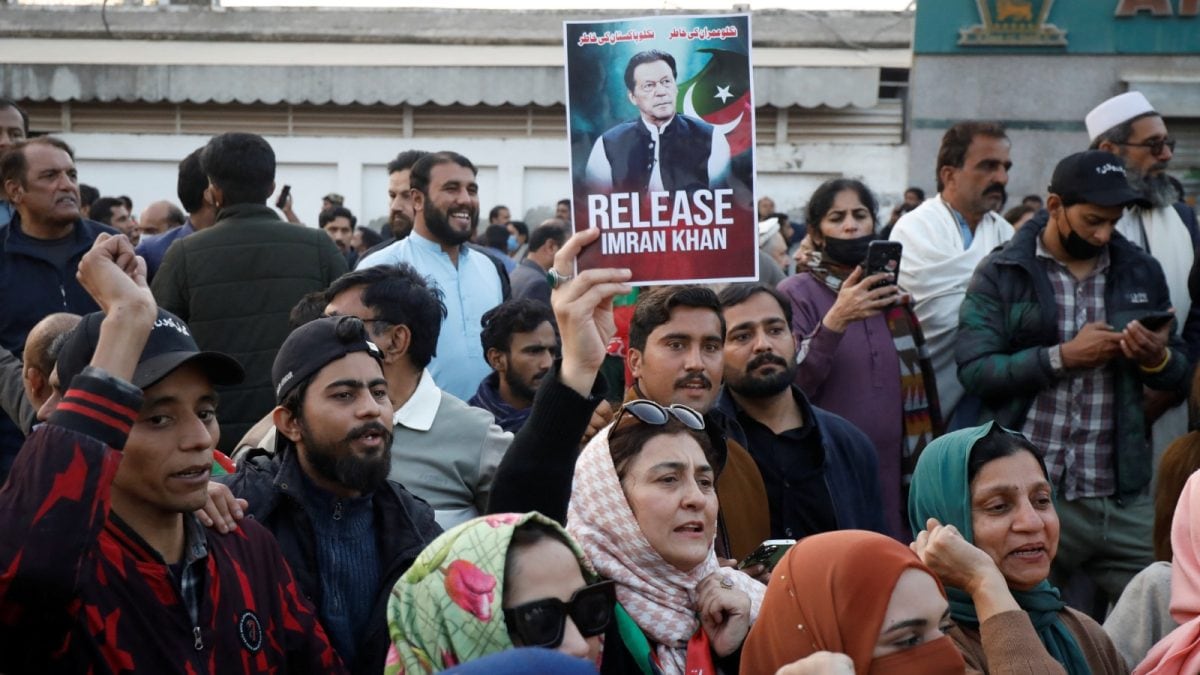Muhammad Yunus has declared war on Indian media, branding journalists bootlickers and threatening outright bans whilst Bangladesh burns with coordinated arson attacks and his grip on power faces its greatest test.
Bangladesh is experiencing its most volatile political crisis in decades as Nobel laureate turned hardline ruler Muhammad Yunus transforms diplomatic relations with India into open warfare. The interim government has summoned Indian diplomats, imposed stringent checks on Indian imports, and launched a campaign to ban Indian media outlets entirely, all whilst the streets of Dhaka erupt in flames.
The crisis ignited when Yunus's press secretary, Shafiqul Alam, publicly mocked Indian journalists as "Western journalists and their Indian bootlicking counterparts" for publishing interviews with exiled former Prime Minister Sheikh Hasina. Rather than backing down after international condemnation, the Yunus administration doubled down, formally protesting to India's Deputy High Commissioner and accusing Indian media of "platforming a fugitive criminal."
Hasina, who fled Bangladesh in August 2024 following a student uprising, has become Yunus's greatest political nemesis from her exile in India. Her warnings that millions will boycott the February 2026 elections if her Awami League remains banned have struck a nerve in Dhaka. In May, Yunus officially outlawed the party under a revised Anti-Terrorism Act, effectively erasing fifteen years of political dominance.
The situation has descended into violence. Coordinated arson attacks on 11 and 12 November targeted multiple branches of Yunus's Grameen Bank, with petrol bombs and crude explosives hitting his microfinance empire. Security forces have flooded the streets as Bangladesh teeters on the edge.
Meanwhile, Sheikh Hasina faces a verdict on 17 November from the Crimes Tribunal on charges of murder and ordering the extermination of protesters. She has dismissed the proceedings as a "kangaroo court" and demanded an international trial at The Hague.
India has frozen diplomatic warmth, restricting transshipment rights for Bangladeshi goods whilst refusing to extradite Hasina. Trade corridors that once symbolised friendship have become friction zones as Yunus's nationalist gambit risks isolating Bangladesh economically and diplomatically.
What began as a reformer's promise has morphed into authoritarian consolidation, leaving observers questioning whether this is the beginning of the end for Muhammad Yunus and Bangladesh's fragile democracy.
- Ends
Published By:
indiatodayglobal
Published On:
Nov 13, 2025

 1 month ago
1 month ago

















